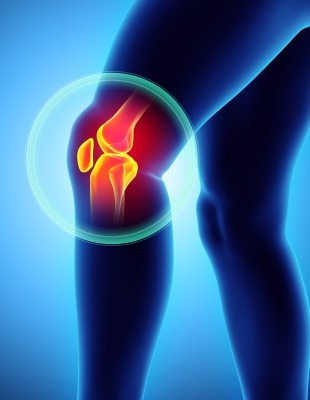
Miach Orthopaedics stated that the BEAR procedure using the BEAR implant resulted in similar clinical, functional and patient-reported outcomes compared to patients undergoing autograft anterior cruciate ligament (ACL) reconstruction 24 months after surgery.
The company will present the results from the BEAR I feasibility study, conducted at Boston Children’s Hospital, at the Arthroscopy Association of North America (AANA)/American Orthopaedic Society for Sports Medicine (AOSSM) 2019 Specialty Day on 16 March.
BEAR I was a non-randomized, two-arm study that compared 10 patients treated with the BEAR implant to 10 patients treated with hamstring autograft ACL reconstruction. The procedure was conducted under an Investigational Device Exemption (IDE) from the US Food and Drug Administration (FDA).
Funding for the study came from Boston Children’s Hospital, the National Institutes of Health and the National Football League Players Association.
In the BEAR I study, the safety and early efficacy of the BEAR implant to repair an ACL was assessed. The company also stated that the procedure did not result in any patients having an infection or a severe inflammatory reaction, arthrofibrosis or a reaction that required scaffold removal. Manual and instrumented measures suggest that the stability of the knee after both procedures could be comparable.
Miach Orthopaedics founder, Harvard Medical School orthopaedic surgery professor and Boston Children’s Hospital Sports Medicine Division orthopaedic surgeon Martha Murray said “In this small, first-in-human study, Bridge-Enhanced ACL Repair with the BEAR implant had similar outcomes to ACL reconstruction with autograft hamstring. These results are promising and suggest the BEAR implant is worthy of further study. We’ve completed enrollment of 100 subjects in the BEAR II randomized controlled trial, and we look forward to those results.”
It is estimated that every year nearly 200,00 ACL injuries occur in the US alone. Without treatment, it does not heal and this results in ACL reconstruction surgery being one of the most common orthopaedic procedures in the US.
Conventional ACL reconstruction using autograft or allograft can stabilize the knee but with the procedure only about 60% of patients can return to their sport at the same level and the re-tear rate can be about 30% for teens.






